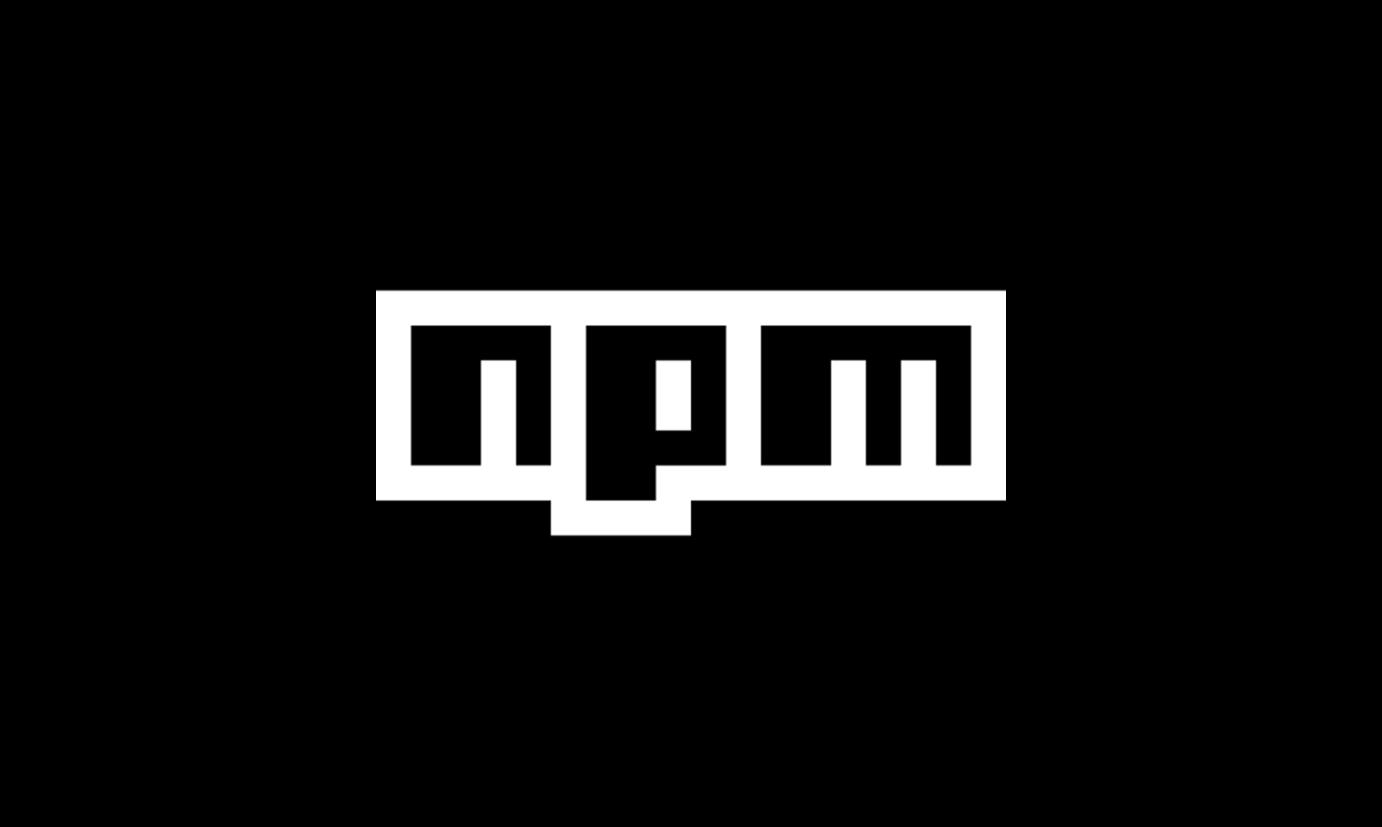
Gli aggressori stanno abusando dell’infrastruttura legittima npm in una nuova campagna di phishing su Beamglea. Questa volta, i pacchetti dannosi non eseguono codice dannoso, ma sfruttano il servizio CDN legittimo unpkg[.]com per mostrare agli utenti pagine di phishing.
Alla fine di settembre, i ricercatori di sicurezza di Safety hanno identificato 120 pacchetti npm utilizzati in tali attacchi, ma ora il loro numero ha superato i 175, riferisce la società di sicurezza Socket.
Questi pacchetti sono progettati per attaccare oltre 135 organizzazioni nei settori energetico, industriale e tecnologico. Tra gli obiettivi figurano Algodue, ArcelorMittal, Demag Cranes, D-Link, H2 Systems, Moxa, Piusi, Renishaw, Sasol, Stratasys e ThyssenKrupp Nucera. Gli attacchi si concentrano principalmente sui paesi dell’Europa occidentale, ma alcuni obiettivi sono localizzati anche nell’Europa settentrionale e nella regione Asia-Pacifico.
In totale, i pacchetti sono stati scaricati oltre 26.000 volte, anche se si ritiene che alcuni dei download provengano da ricercatori di sicurezza informatica, scanner automatici e strumenti di analisi.
I nomi dei pacchetti contengono stringhe casuali di sei caratteri e seguono il modello “redirect-[a-z0-9]{6}”. Una volta pubblicati su npm, i pacchetti sono disponibili tramite i link CDN HTTPS unpkg[.]com.
“Gli aggressori possono distribuire file HTML mascherati da ordini di acquisto e documenti di progetto agli utenti target. Sebbene il metodo di distribuzione esatto non sia chiaro, i temi dei documenti aziendali e la personalizzazione per le specifiche vittime suggeriscono la distribuzione tramite allegati e-mail o link di phishing”, osserva Socket.
Una volta che la vittima apre il file HTML dannoso, il codice JavaScript dannoso del pacchetto npm viene caricato nel browser tramite il CDN unpkg[.]com e la vittima viene reindirizzata a una pagina di phishing in cui le viene chiesto di inserire le proprie credenziali.
Gli aggressori sono stati anche osservati mentre utilizzavano un toolkit Python per automatizzare la campagna: il processo verifica se la vittima ha effettuato l’accesso, richiede le sue credenziali, inserisce un’e-mail e un collegamento di phishing in un modello JavaScript (beamglea_template.js), genera un file package.json, lo ospita come pacchetto pubblico e crea un file HTML con un collegamento al pacchetto npm tramite il CDN unpkg[.]com.
“Questa automazione ha permesso agli aggressori di creare 175 pacchetti univoci destinati a diverse organizzazioni senza dover prendere di mira manualmente ogni vittima”, ha osservato Socket.
Secondo i ricercatori, gli aggressori hanno generato oltre 630 file HTML che conducono a pacchetti dannosi, tutti contenenti l’ID campagna nb830r6x nel meta tag. I file imitano ordini di acquisto, documenti di specifiche tecniche e documentazione di progettazione.
“Quando le vittime aprono file HTML nel loro browser, JavaScript le reindirizza immediatamente al dominio di phishing, passando l’indirizzo email della vittima tramite un frammento di URL. La pagina di phishing compila quindi automaticamente il campo email, creando la convincente impressione che la vittima stia accedendo a un portale legittimo che l’ha già riconosciuta”, affermano gli esperti.
Secondo i ricercatori di Snyk, altri pacchetti npm che utilizzano lo schema di denominazione “mad-*” mostrano un comportamento simile, sebbene non siano ancora stati direttamente collegati alla campagna Beamglea.
“Il pacchetto contiene una falsa pagina ‘Cloudflare Security Check’ che reindirizza segretamente gli utenti a un URL controllato dall’aggressore, estratto da un file remoto ospitato su GitHub”, ha affermato Snyk.
Ti è piaciuto questo articolo? Ne stiamo discutendo nella nostra Community su LinkedIn, Facebook e Instagram. Seguici anche su Google News, per ricevere aggiornamenti quotidiani sulla sicurezza informatica o Scrivici se desideri segnalarci notizie, approfondimenti o contributi da pubblicare.

 Cybercrime
CybercrimeLe autorità tedesche hanno recentemente lanciato un avviso riguardante una sofisticata campagna di phishing che prende di mira gli utenti di Signal in Germania e nel resto d’Europa. L’attacco si concentra su profili specifici, tra…
 Innovazione
InnovazioneL’evoluzione dell’Intelligenza Artificiale ha superato una nuova, inquietante frontiera. Se fino a ieri parlavamo di algoritmi confinati dietro uno schermo, oggi ci troviamo di fronte al concetto di “Meatspace Layer”: un’infrastruttura dove le macchine non…
 Cybercrime
CybercrimeNegli ultimi anni, la sicurezza delle reti ha affrontato minacce sempre più sofisticate, capaci di aggirare le difese tradizionali e di penetrare negli strati più profondi delle infrastrutture. Un’analisi recente ha portato alla luce uno…
 Vulnerabilità
VulnerabilitàNegli ultimi tempi, la piattaforma di automazione n8n sta affrontando una serie crescente di bug di sicurezza. n8n è una piattaforma di automazione che trasforma task complessi in operazioni semplici e veloci. Con pochi click…
 Innovazione
InnovazioneArticolo scritto con la collaborazione di Giovanni Pollola. Per anni, “IA a bordo dei satelliti” serviva soprattutto a “ripulire” i dati: meno rumore nelle immagini e nei dati acquisiti attraverso i vari payload multisensoriali, meno…